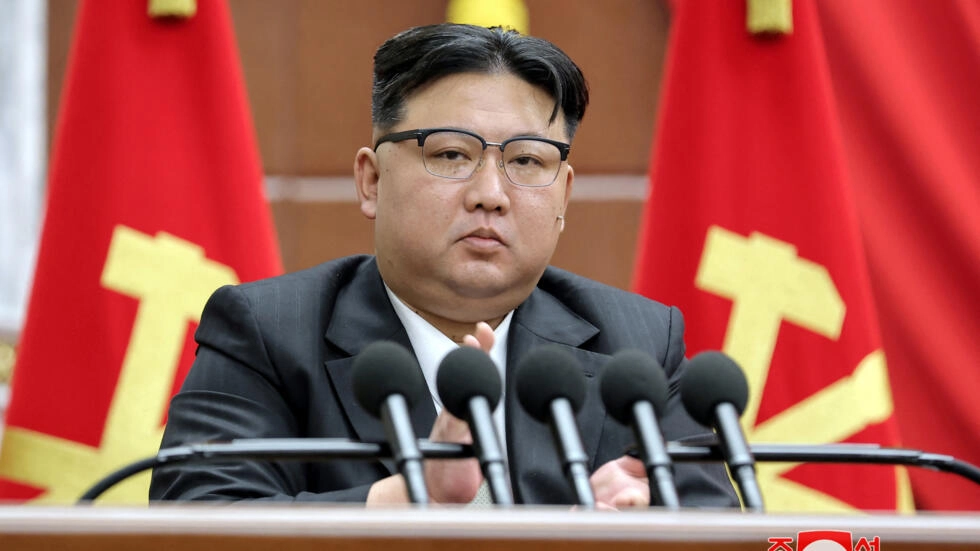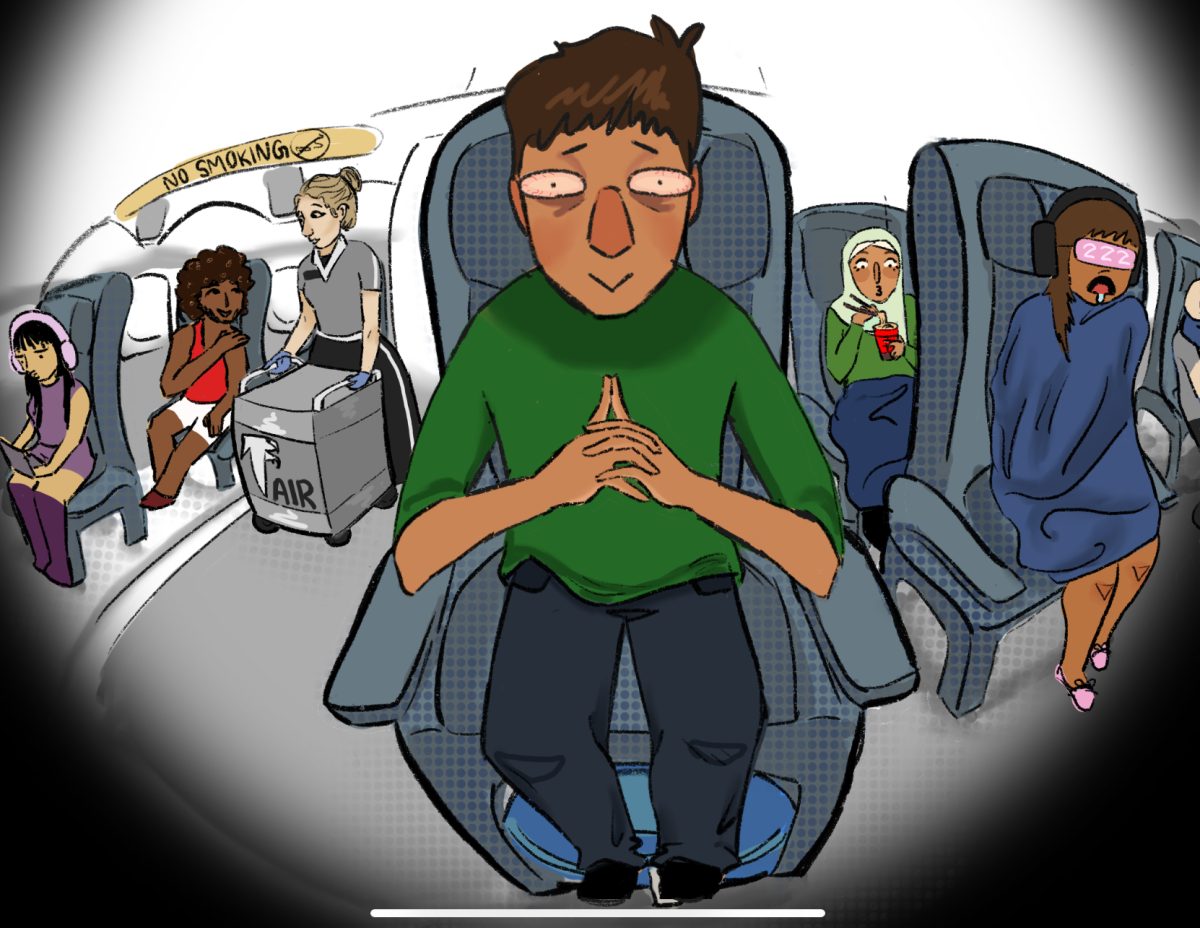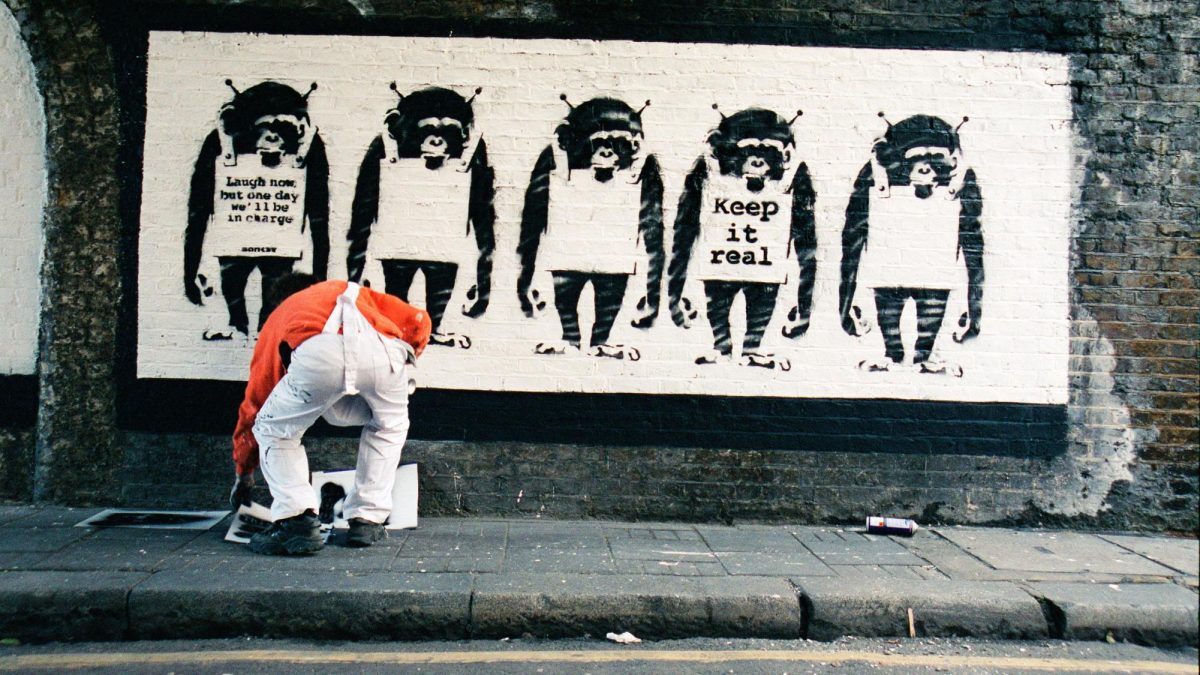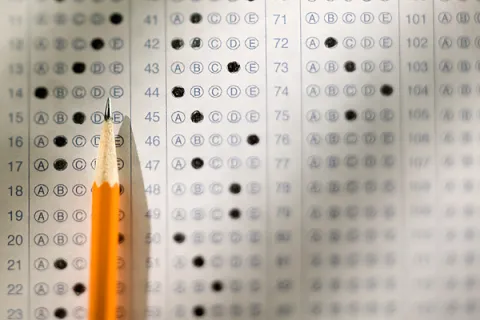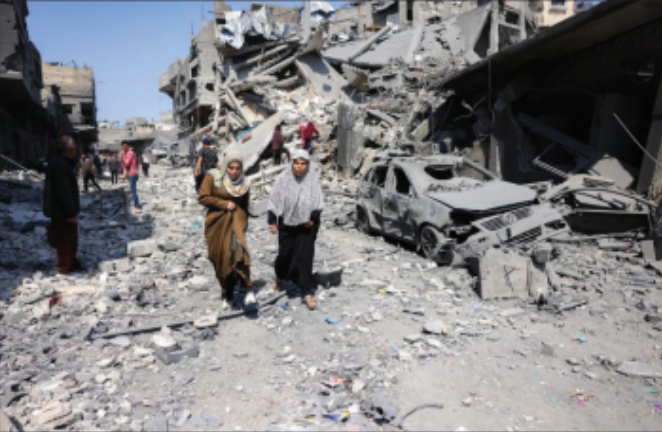The mystery of the daunting dictatorship in North Korea is a fascination that many, including myself, hold. However, has our fascination with this hermit kingdom taken the spotlight away from local issues that we as a community are more directly affected by? Have we been so fixated on understanding the inner workings of this isolated country that we ignore the pressing problems in our own nation?
For example, news outlets are already reporting on Kim Jong Un’s daughter becoming the next leader of the nation, even though she’s only ten years old. They speculate that her taking on this role is not something to be taken purely at face value. Some are saying that her being in the public eye is merely a calculated effort on Kim’s part to soften his public image. Others argue similarly, however, that her appearance is affecting his image inadvertently, which could cause Kim to lose some of the fear he’s managed to cultivate as his and his country’s main brand. I find the attention national reporters have fascinating when it comes to North Korea and the utter lack of attention to local issues such as the education achievement gap that affects us.
However, there is little point in becoming fixated on abstract geopolitical issues when we can channel that genuine curiosity to enhance our own communities in ways that create tangible change. In a world of eight billion people, it is impossible to fix everyone’s problems. In a country with 300 million people, it is easier but still hard. In a city with 500,000 people, change becomes more attainable, and in a school of 2,000, change’s attainability increases again, and the trend continues.
The example of the attention given to North Korea highlights an issue that is a byproduct of easy access to knowledge: the expectation to know everything. Instead of putting in the effort to try to solve issues that affect us and our communities the most, we seem to focus on the ones that seem most daunting but have little effect on more local challenges that we face. There is so much change that we can make in our own communities that fixating on ones that we can’t control tends to be more harmful than its well-spirited intentions aim to be.
Our fascination with the unknown takes away from the necessity for the education of things that we do know and can control. We will never be able to understand life from Kim Jong Un’s perspective, nor will we be able to fully change his mind to adapt to modern ways of thinking. We have to realize that easy access to information is a tool that should be utilized to enhance our understanding of local issues and the problems that we specifically face, as opposed to a tool that can be used to know and solve everyone else’s.

